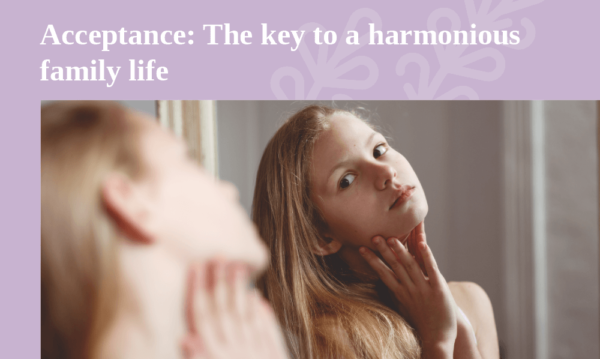Becoming a parent means, among other things, revising and prioritizing differently to give the space for his child to develop by expressing his needs, his potential, and the various aspects of his personality.
It is challenging for a parent to manage behaviors that bring him face to face with his strength’ limits (e.g., the baby wakes up many times during the night), behaviors that are difficult to tolerate either from the social environment or from the parent himself (e.g., the two-year-old emptying all the trash from the bin or screaming every time he finds it difficult to get dressed) or behaviors that attract the attention of passers-by (e.g., the child banging hands – feet on the floor screaming about the toy he wants).
Although we have characterized these behaviors a priori negative and try to “fight” them in a range of ways, e.g., punishments, deprivations, advice, lengthy sermons, and indifference, it is easy to observe that they are increasing, worsening, or taking other forms.
That is why, if we cannot ‘fight’ them in this way, perhaps we could try to show acceptance when they appear; acceptance mainly to the child who, for reasons we may still not be able to understand, decided to express himself in this way.
Acceptance, of course, does not mean tolerance, nor does it mean that we do not try different ways, first to look at the situation and then to change it. Acceptance means that I love and accept my child for what he is and what he expresses – not only when he is calm and cooperative but also in difficult times, those that the child needs me a little more. Acceptance means that I try to see behind my child’s behavior, discover his real needs, shortcomings, and feelings, and try to help him cover them up if it’s up to me. Acceptance means that I still have a lot to learn about my child, but mainly about becoming a better parent and, by extension, a better person.
The attitude of acceptance is an attitude – a key that automatically takes us out of the bipolar action-reaction and takes us to a higher level, where we operate with calmness and serenity. The attitude of acceptance has so much power that we will quickly see that the problem is eliminated on its own without unnecessary and psychoactive movements on our part. Thus, we succeed in creating a beautiful and happy family everyday life, with selected conflicts and a willingness to learn new things from each other.


